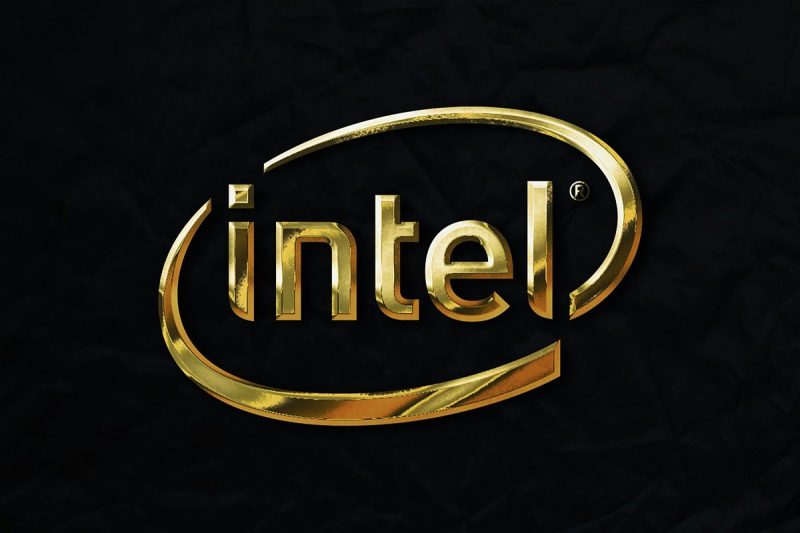Intel Facing Shareholder Lawsuit After Disappointing Q2 Results
Intel Corporation, the renowned American multinational technology company, is currently facing a shareholder lawsuit following their disappointing Q2 financial results. The company, known for its semiconductor manufacturing prowess, has historically been a dominant player in the industry. However, recent challenges and setbacks have resulted in a decline in both revenue and market share.
The Q2 financial report released by Intel fell short of expectations, with revenue missing estimates by a significant margin. This underperformance has not only impacted the company’s financial standing but has also raised concerns among shareholders regarding the future prospects of the tech giant.
One of the key issues highlighted in the lawsuit is the company’s delayed transition to advanced chip manufacturing processes. Intel has struggled to keep pace with competitors such as AMD and Nvidia, who have made significant advancements in chip technology in recent years. This lag in innovation has put Intel at a disadvantage in the fiercely competitive semiconductor market.
Additionally, Intel’s failure to meet the growing demand for chips, exacerbated by supply chain disruptions and the global chip shortage, has further hampered the company’s financial performance. The inability to fulfill orders has not only affected revenue but has also strained relationships with key partners and customers.
Moreover, management reshuffling and executive departures have added to the uncertainty surrounding Intel’s leadership and strategic direction. The sudden resignation of the company’s CEO earlier this year has raised questions about the company’s ability to navigate the rapidly evolving tech landscape effectively.
In response to the shareholder lawsuit, Intel has emphasized its commitment to addressing the challenges and implementing measures to enhance its competitiveness and financial performance. The company has outlined plans to accelerate its transition to advanced chip manufacturing technologies and boost investment in innovation and research.
Despite the current turmoil, some analysts believe that Intel has the potential to bounce back and reclaim its leadership position in the semiconductor industry. The company’s strong legacy, technological expertise, and broad customer base provide a solid foundation for future growth and success.
As Intel navigates through this challenging period, it will be crucial for the company to prioritize innovation, strengthen strategic partnerships, and regain the trust and confidence of its shareholders. The outcome of the shareholder lawsuit and the company’s response to the issues raised will undoubtedly shape Intel’s trajectory in the coming months and years.
